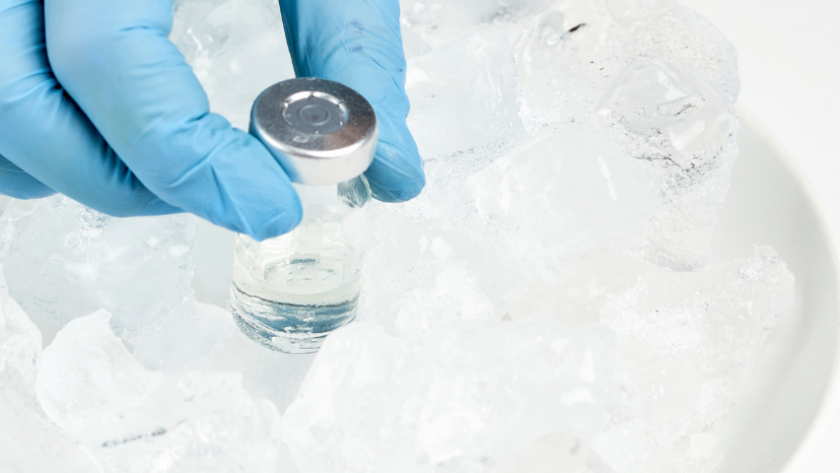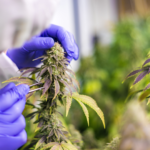Vaccines are a very necessary tool to keep our communities safe from potentially deadly diseases, but what happens when a vaccine is kept in a cold room instead of a warm room? What happens when it is kept in a refrigerator instead of a freezer? The answer is that vaccines may become less effective, and this is a very serious matter. It’s a common misconception that vaccines have to be kept cold to remain effective. This is not the case at all. There are two kinds of vaccines. The first is an injectable, and the second is a vial. The injectable vaccines can be kept at room temperature, while the vials have to be kept cold.
How do vaccines are stored?
If you have a question about vaccines, it’s probably because you don’t have all the information. The way vaccines are stored can have a huge impact on whether they stay effective, whether they’re properly stored, and whether they’re maintained in a safe environment. This is something you should be concerned about, and it’s just one of the many things that you should know about vaccines.
What is the most common storage temperature?
Vaccines are one of the most important products to make, and keeping them cold isn’t as simple as it sounds. Some vaccines, like the flu and tetanus, are much less sensitive to heat, while others, like measles and meningitis, have to be kept at a certain temperature for their potency to remain stable. Many people believe that vaccines are kept cool in the fridge. Hygiene regulations require that all vaccines, including those for live-born babies, be stored at temperatures less than 80 F (27 C) to prevent viral infection, and it is widely known that vaccines are kept in a refrigerator set at 37 C, or lower. In some places, cold storage with fiberglass doors (if interested, check out fiberglass door suppliers here) is generally utilized to provide a suitable environment for vaccines.
It’s hard to think of a more important topic in the world than vaccines. They save lives and protect our families from potentially deadly diseases. But it’s easy for vaccines to be lost or forgotten. No matter how thoroughly a doctor vaccinates his or her family, sometimes a child misses a shot or forgets to get one at all, and that’s why most doctors keep vaccines in a freezer. But no one knows for sure how long vaccines should be kept at -10 or -18 Celsius.
Vaccines are one of the most important things that you can do to ensure the health of your children. They can protect them from serious illness or even deadly diseases that can cause lifelong damage. Furthermore, they can keep your child healthy and safe from conditions such as chickenpox, mumps, polio, measles, hepatitis A, and many others. However, vaccines do not last forever. After they have been given, they have to be stored to be effective. Some factors could affect the effectiveness of the vaccines.
Vaccines are a vital part of any healthy lifestyle, although the right way of storing them can cause serious health problems such as irritation and swelling in the mucous membranes of the nose and throat. Vaccines are a valuable thing. They save lives. But they are not perfect because even they can get contaminated. This is why we need to be careful about where we keep them.
If we keep them in our cupboard, then they will eventually become exposed to some bacteria or viruses. If we keep them in sealed containers, then it will be much more difficult for them to become contaminated. However, the proper way would be to store them in the refrigerator. Vaccines, like any medicine, must be stored at proper temperatures to ensure they are effective. Most doctors are aware of this fact. Given that, not only do they store the vaccines in refrigerators but also tend to keep the contact numbers of reputed commercial refrigeration companies handy, so as to be able to call them quickly if the refrigerators start acting faulty.
Although many vaccines are currently stored in refrigerators available inside the doctor’s office, these vaccines can also be safely stored in vaccine coolers in the home. Placing vaccines in a cooler in the home can help safeguard the vaccine from the common culprits that can damage vaccines. Unlike most meds, vaccines can be dangerous if not kept at the correct temperature. They are often kept at room temperature, but this is not good enough. Unfortunately, there are many ways to do this wrong, and too many people I know have been hurt by sloppy storage.




